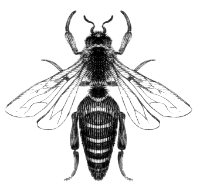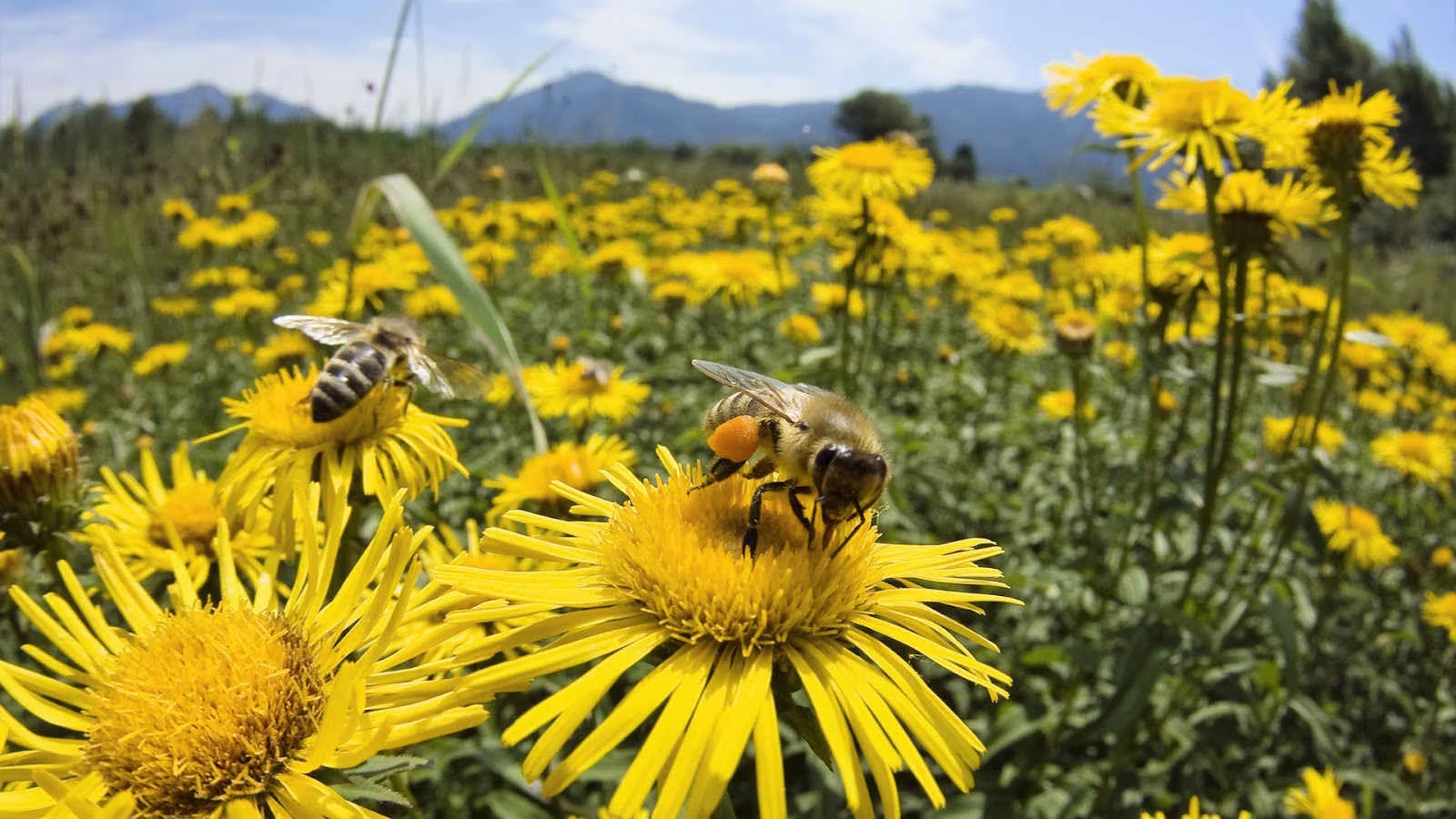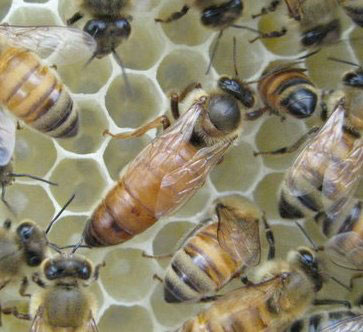Bees Are One of the Most Important Pollinators on Earth
Short list of crops that require bees for pollination....
Alfalfa, Almond, Apple, Apricot (some varieties), Artichoke, Avocado, Blackberry, Black locust, Blueberry, Boysenberry, Broadbeans*, Broccoli, Brussels sprouts, Buckwheat, Cabbage, Caraway, Carrots, Catalpa, Cauliflower, Celery, Cherry, Chestnut, Chicory, Chinese cabbage, Clover (some varieties), Coconut, Coffee*, Collards, Coriander, Cotton*, Crabapple, Cranberries, Crownvetch, Cucumbers, Currants, Dewberry, Dill, Eggplant, Endive, Fennel, Figs, Flax*, Garlic, Gooseberries, Grapes (muscadine), Grapefruit, Guar, Guava, Holly, Kale, Kenaf, Kiwi, Kohlrabi, Leek, Lespedeza (bush), Lima beans*, Loquats, Macadamia nut, Maple (red), Mandarin orange, Mango, Muskmelons, Mustard, Nectarines, Okra*, Onions, Orange*, Papaya, Parsley, Parsnips, Passion fruit, Peaches, Pears, Pepper, Persimmon (native), Plums and Prune, Pumpkins, Radish, Rape, Raspberry, Rutabaga, Safflower*, Squash, Strawberry, Sunflower, Sweetclover, Tangelo, Tangerine, Tendergreens, Trefoil, Turnips, Vetch, Watermelons, Yucca.
*Yields are increased when pollinated by insects.
Bee Swarms
A natural reproduction process, swarming occurs when a queen bee leaves a colony with a large group of worker bees. Swarming is primarily a Spring occurring when there's enough flowering plants to forage. If you see a swarm of bees please contact Bill for removal or relocation services.









